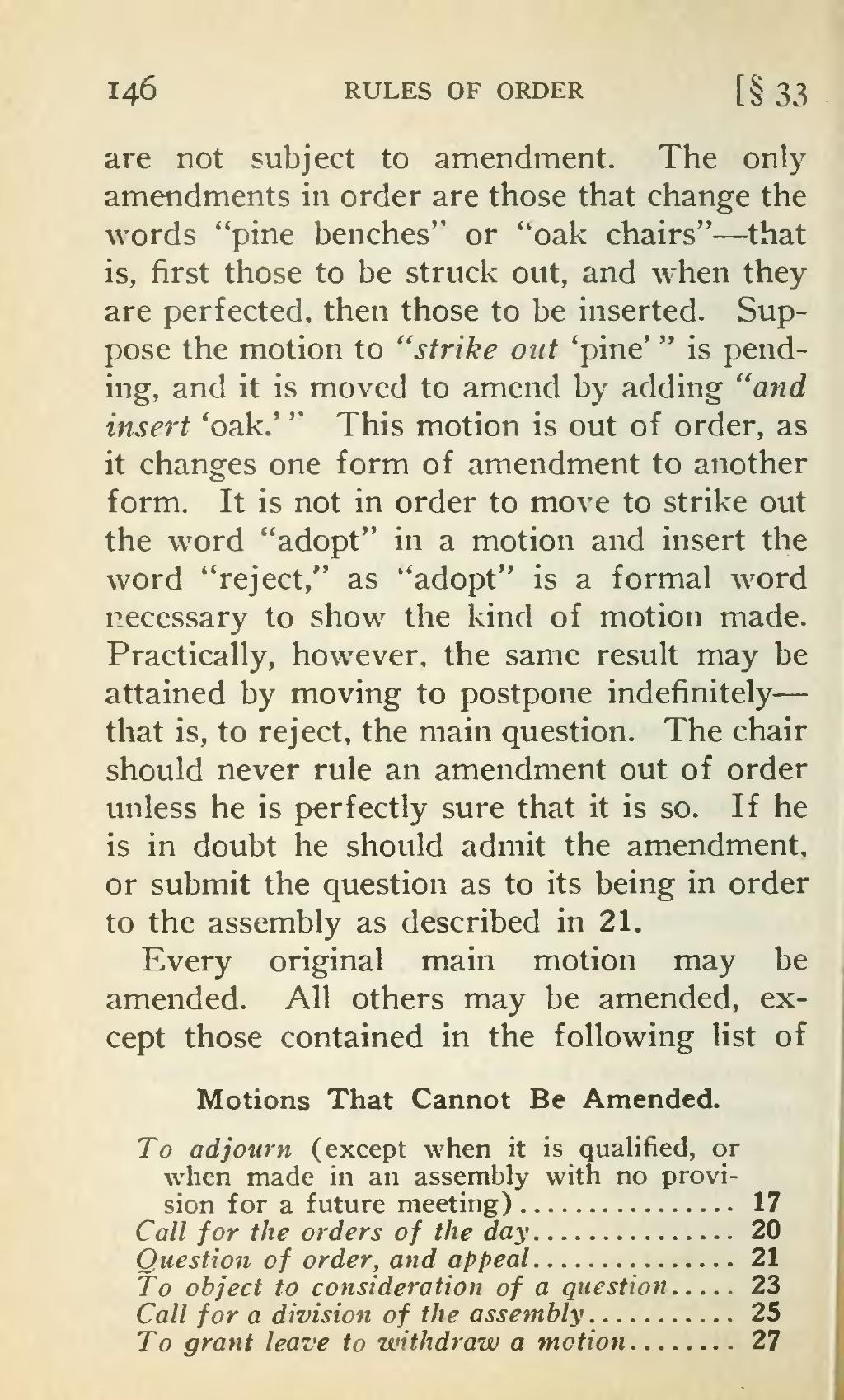If you’re operating an unprofiable business, you must have a firm grasp on your finances. You can’t make a decision that could impact the success of your company without knowing how much money comes into and goes out. This is an aspect of business that many small business owners have difficulty to manage, especially those who aren’t familiar with bookkeeping.
The way you record your assets in your books, as well as your accounts payable and receivables could have an impact on the efficiency and effectiveness of your business. In this article, we’ll discuss https://www.dataroomsetup.net/data-room-for-startups-pluses-and-minuses/ how you can arrange your business transactions to improve financial performance and comply with regulatory requirements.
To organize your business transactions, you must first separate your personal and professional expenses. This involves keeping your business bank account for all purchases that are business-related and using an excel spreadsheet to record all your business expenses. It is also essential to keep your receipts and invoices filed, if they are they are not in electronic format, then by placing them in a filing system with corresponding categories.
It can be challenging to keep track of business transactions since there are a myriad of ways to keep track of transactions. However there are a few best practices to follow to keep track of finances. For example, try to save your receipts on an daily basis or at the very least weekly (Friday afternoon, for instance). Utilize an app or receipt management software to digitize paper receipts and bills.








